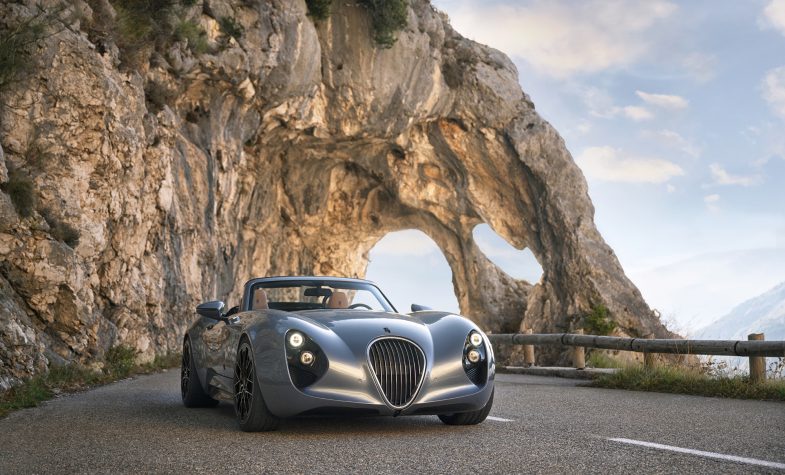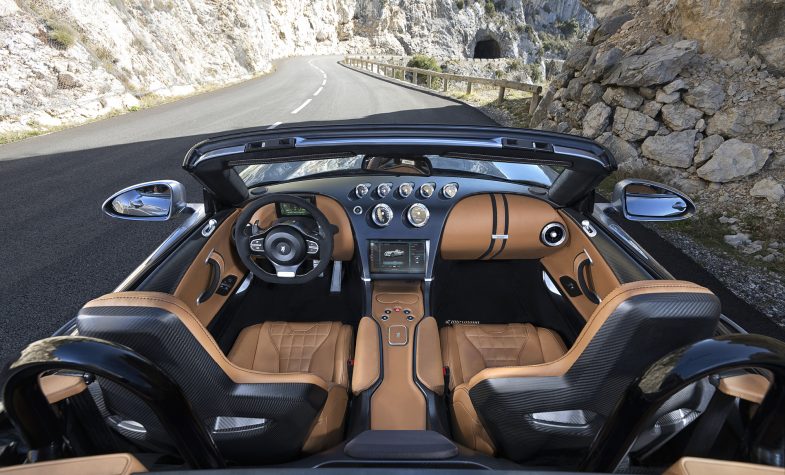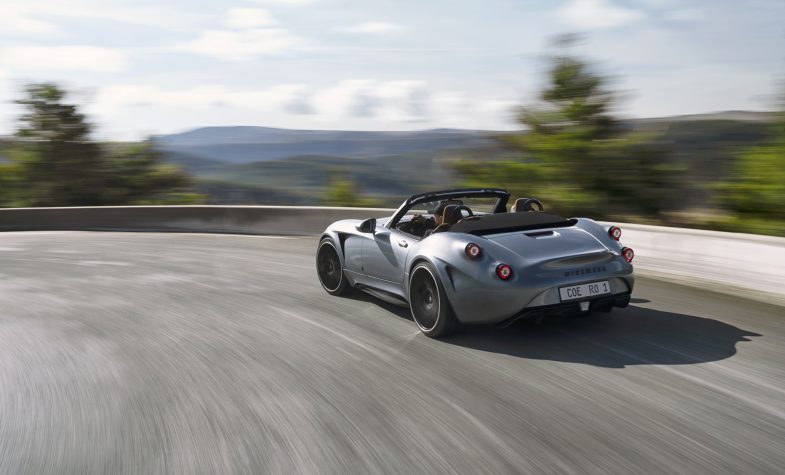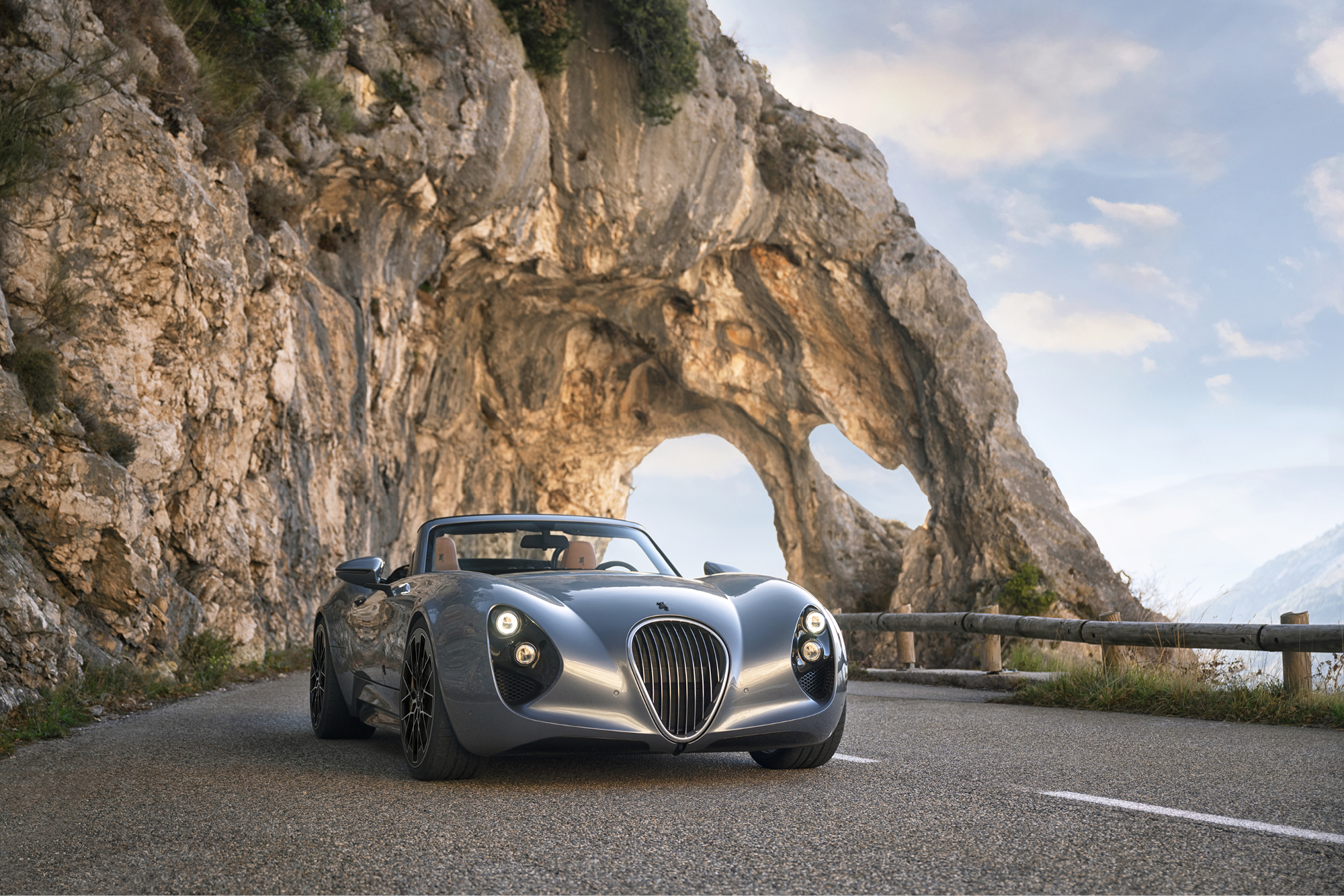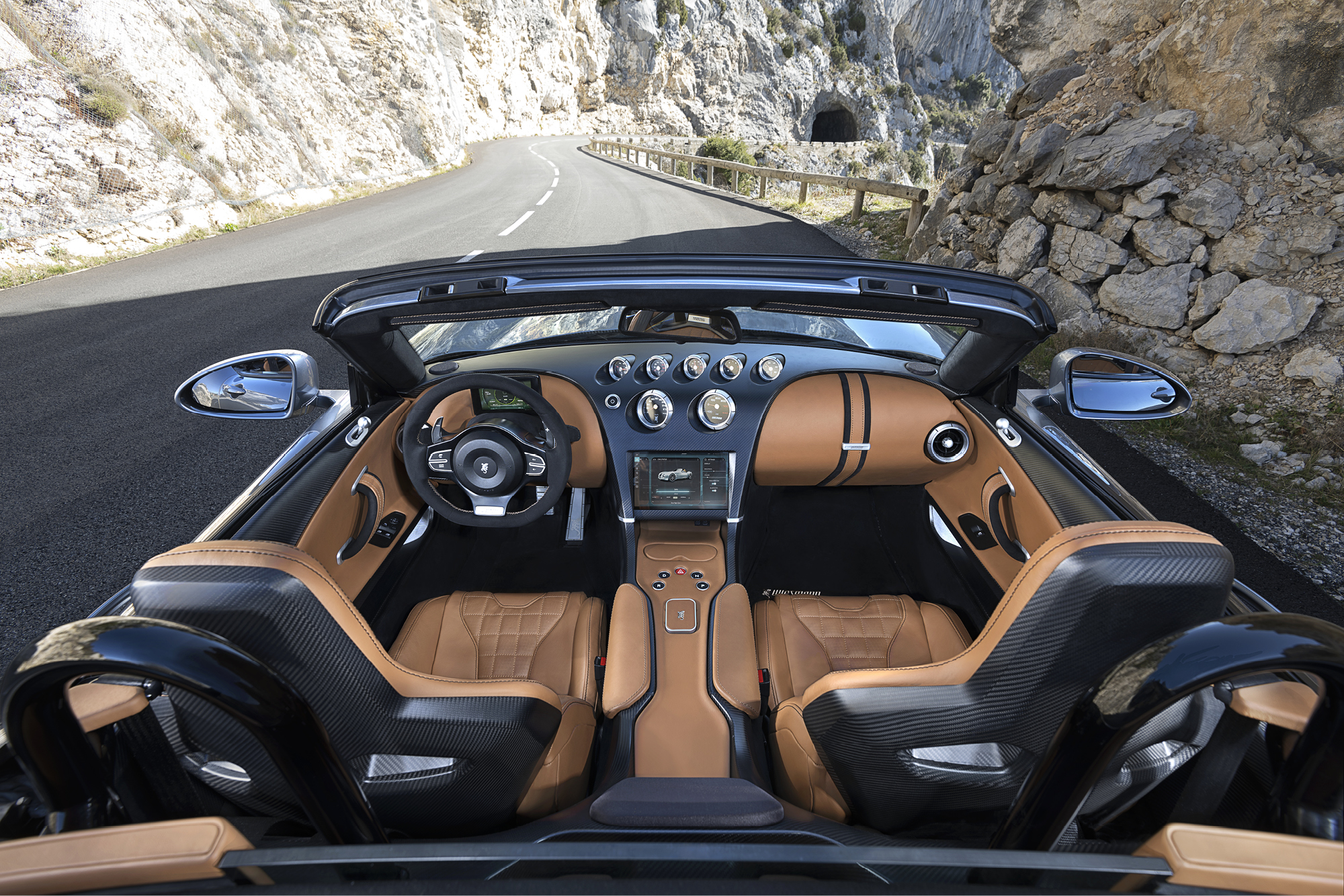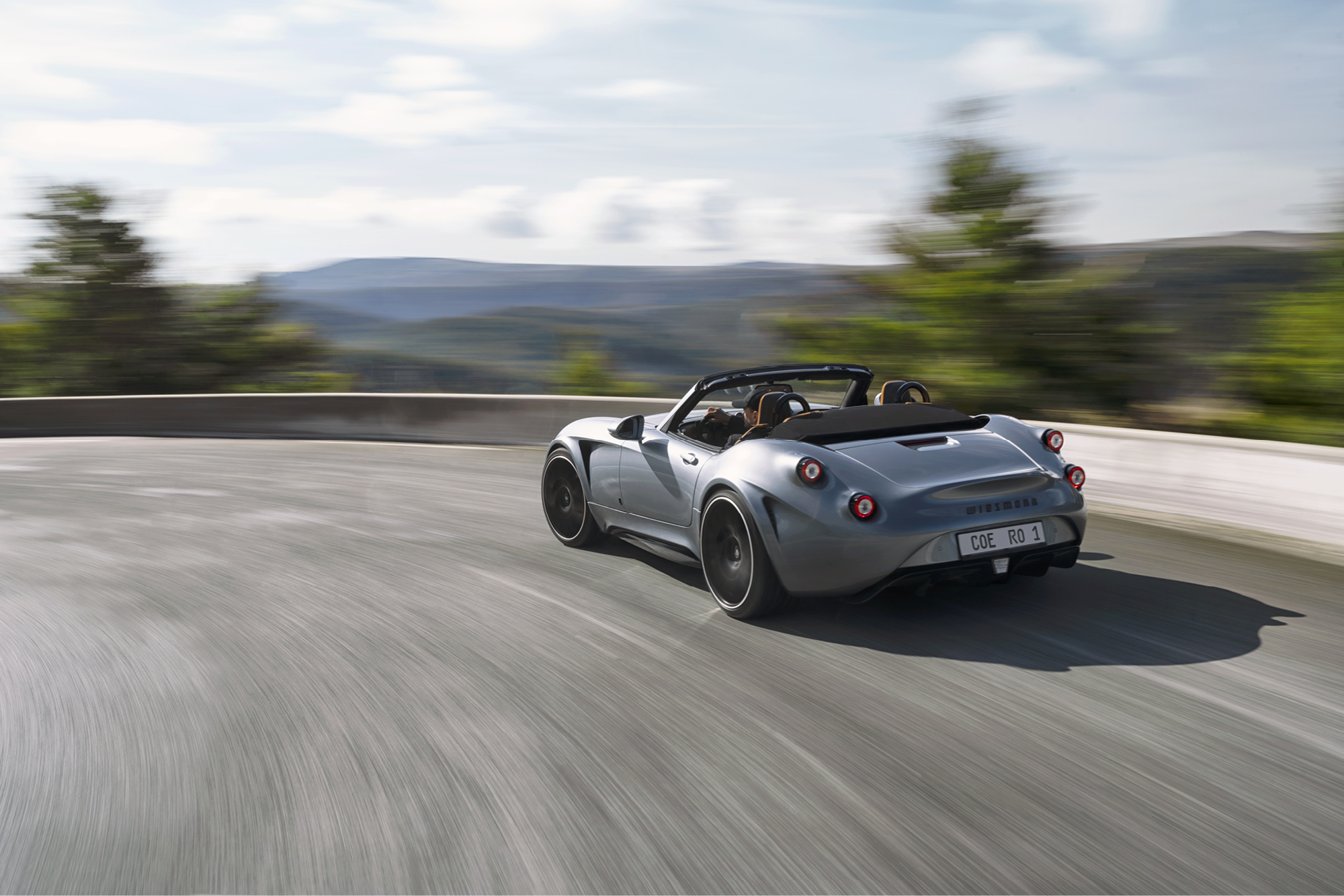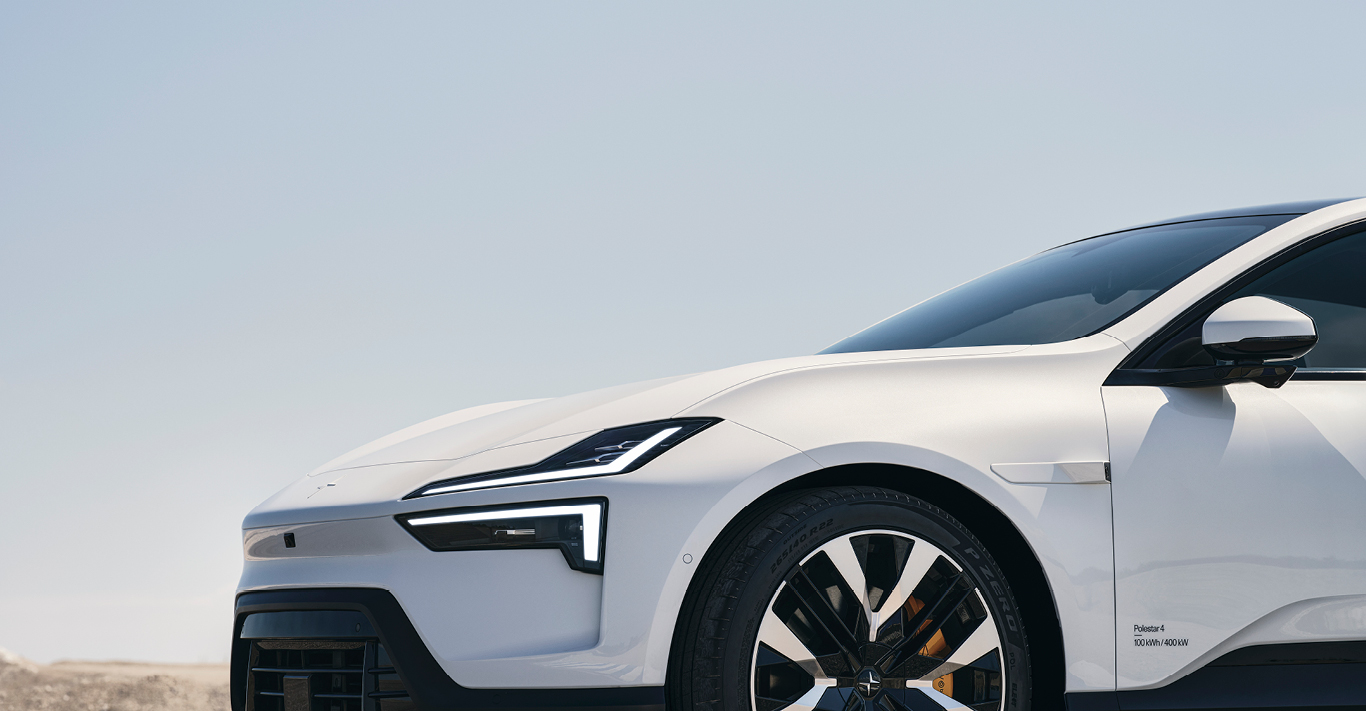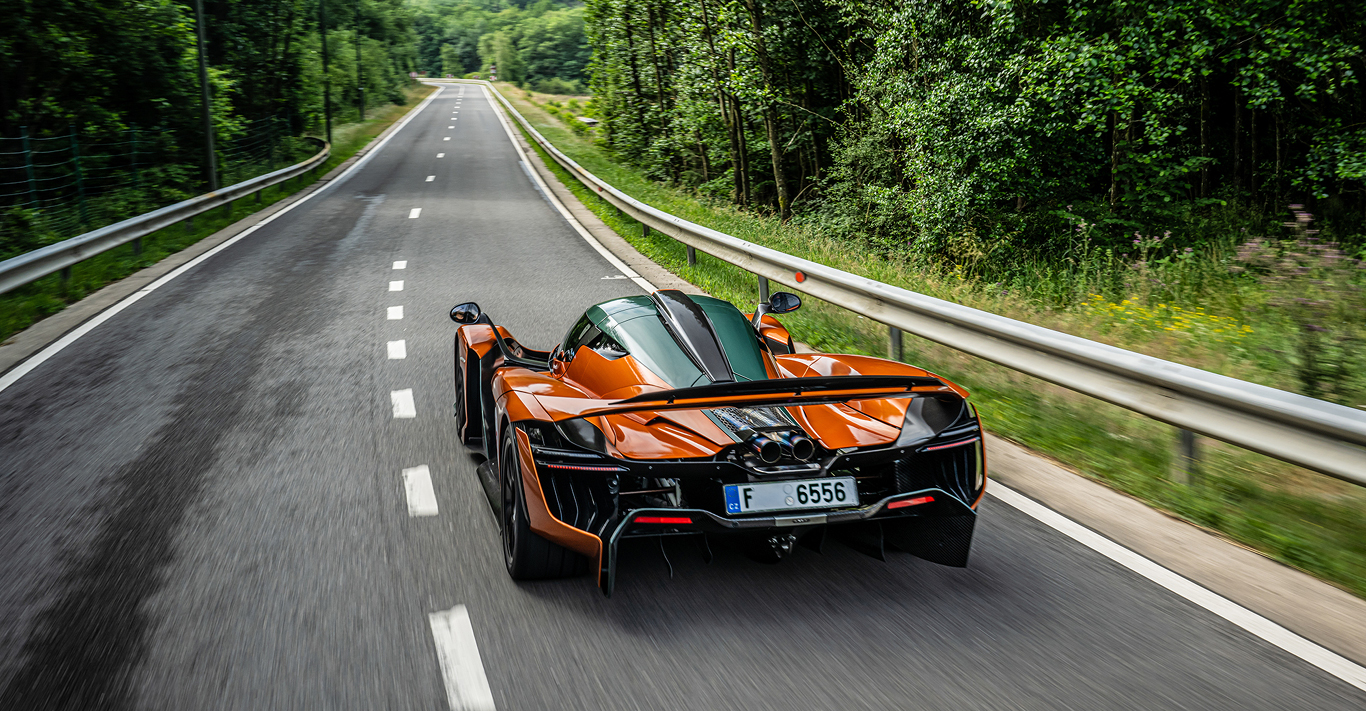WORDS
Amy Miles
Reviving a premium sports car manufacturer after years of silence is no mean feat, but, as Wiesmann – the German hand-built car maker – demonstrates, it provides the perfect launchpad for an electric vehicle programme.
Not content with simply making an electric roadster for its inaugural EV, Wiesmann has created the world’s first fully electric rear-wheel-drive sports car, dubbed Project Thunderball, with the backing of CEO and investor Roheen Berry, who resurrected the marque in 2020, six years after it shuttered.
‘For the first time, an iconic two-seater Wiesmann will deliver the performance, handling and spirit for which we are famed, with an advanced, German-engineered all-electric powertrain at its heart. I truly believe we’ve made the world’s most exciting electric sports car,’ says Berry.
To achieve this, Wiesmann recruited many of the original craftspeople involved in coachbuilding during its heyday, and all under the same roof of the iconic “gecko” facility in Dülmen, Germany.
Aficionados will be pleased by the stylistic links to Wiesmann’s much-loved MF3 model, with its long bonnet, large grill, cut-out lights and, of course, convertible capabilities. And since Project Thunderball is rendered in advanced carbon fibre, it weighs in at just over 1,700kg and has a power-to-weight ratio that makes for impressive agility and handling, living up to the characteristics of the company’s emblematic gecko (for those who don’t remember, the manufacturer once likened its cars’ ability to stick to the road and move swiftly to those of the lizard).
As for the powertrain, dual electric rear-mid mounted motors offer an output of up to 500kW – or 680 hp – and an impressive 0-62mph acceleration time of just 2.9 seconds. The sizeable 92kWh battery capacity means drivers can expect a target range of 500km, and there is a proprietary regenerative braking system designed to simulate the feeling of engine braking, recharge the battery under deceleration and minimise energy wastage. The system, which has five different settings, is adjustable through steering wheel-mounted paddles for ease while driving. This, along with the fine leathers and hand-shaped wood veneers throughout the interior, are just a few of the features in Project Thunderball that prove that, although Wiesmann has been away, its mastery of car-building certainly hasn’t diminished.
Project Thunderball is available to order now, from €300,000; wiesmann.com

